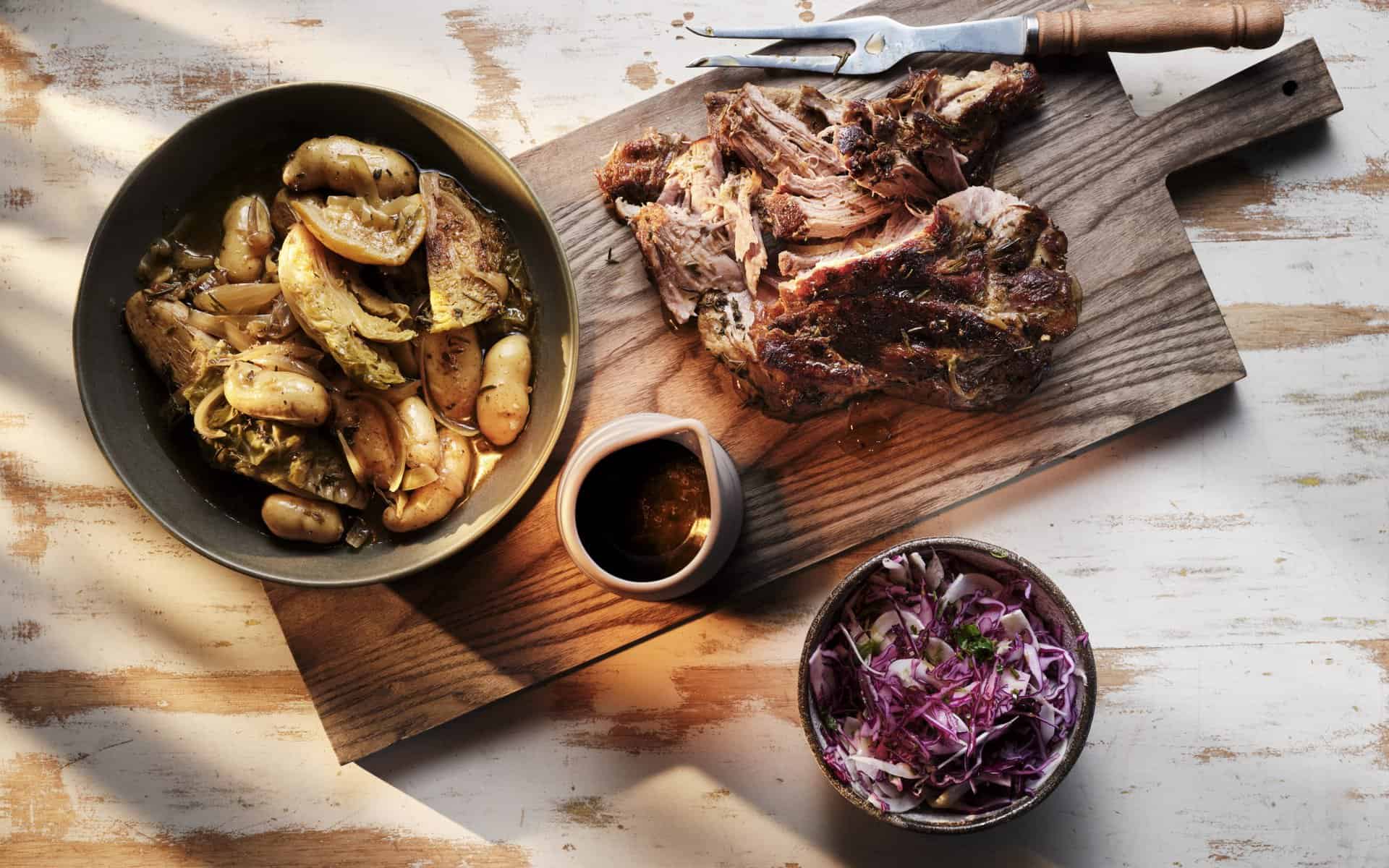FMCG and the food industry overall, has been so important in helping Australians push through the pandemic, almost struggling to meet demand with panic buying and more consumers staying home and cooking their own meals. It’s also a sector that’s especially favouring Australian owned products.
We work alongside 100% Australian owned and operated pork producer, Otway Pork, across PR, events, and digital marketing, including media and influencer relations, social media content creation and advertising, event coordination, design, and eDM development. Stephanie Duboudin, General Manager Marketing and Sales at Otway Pork, discusses her insights into how they survived 2020 and what’s to come in terms of marketing.
1. What do you see as the biggest shift in consumer mindset and preferences coming out of 2020, when it comes to food and food marketing?
Covid has had an impact on consumer perception of food sovereignty and origin. There has been a real shift towards people actively seeking out Australian owned and farmed brands which is great. Not only is where and how the food is grown important to consumers but also the sustainability side of reducing food miles. We are a country with such an abundant range of high quality locally grown and farmed food, there really is no need to be importing fresh food from the other side of the world. The mindset change from consumers has had a significant impact on the large supermarket and retailers who are actively wanting to promote and source Australian origin and owned products which is great.
2. Looking forward, what’s one marketing insight/improvement you’ll take from 2020 and leverage in the future? And, what’s one thing you wouldn’t do as much?
Consumers are increasingly becoming more knowledgeable about where their food comes from and how it is has been grown. They are seeking to purchase more premium meat and when they do they want to have trust in the brand and its ethics and practices. As a business we have very sound sustainable and environmental practices across our high level of animal welfare, the land that we farm and the packaging that we use for our products. Being able to market our practices in an effective and meaningful way across all our communication touchpoints is really important for us moving forward.
I can’t think of anything we won’t be doing this year but another key focus for us is really growing in our data analytics with our integrated marketing campaigns. I’m a bit of a data geek and started in marketing when we didn’t have these tools at our fingertips. I love the power of what the data can tell you and how we can measure success and gains in an impactful way to assist us in refining our marketing activities.
3. What do you see as being the most important marketing trend/tool in food in 2021?
The increase in home deliveries from online purchases in food has been really interesting. We’ve reached a bit of a tipping point where consumers are used to and seeking out home deliveries of perishable products including meat direct from the source/farm. Methods for packing refrigerated products have improved and I can only see this area growing more.
4. How do you think the Australian scenario differs to the global context when it comes to marketing in your sector in 2021?
We are one of the few countries around the globe that can sustain our own pork consumption locally. APL (Australian Pork Limited) has done a lot of research into consumers in the market here and they have found that there is a large lack of awareness about imported pork products in Australia. It just doesn’t occur to consumers that they are buying imported products, but over 80% of ham and bacon in Australia is imported. We have a large and thriving pork industry in Australia with very high ethical and production standards. We are free of African Swine Fever (which is impacting the pork industry in Asia). APL are going to be doing more advertising and digital communication educating consumers how to read the country of origin markers on products so that they fully understand what they are buying.


